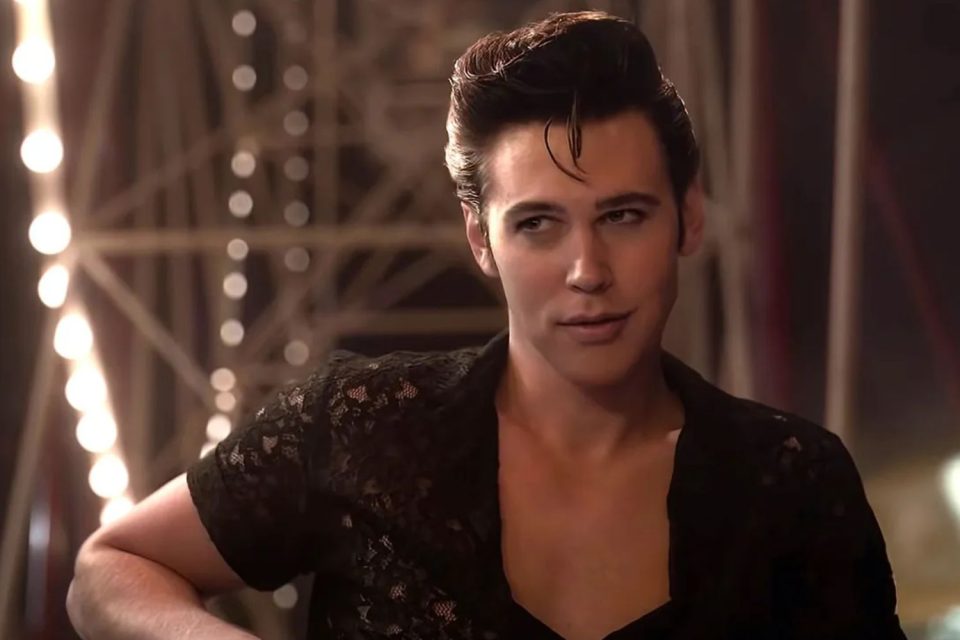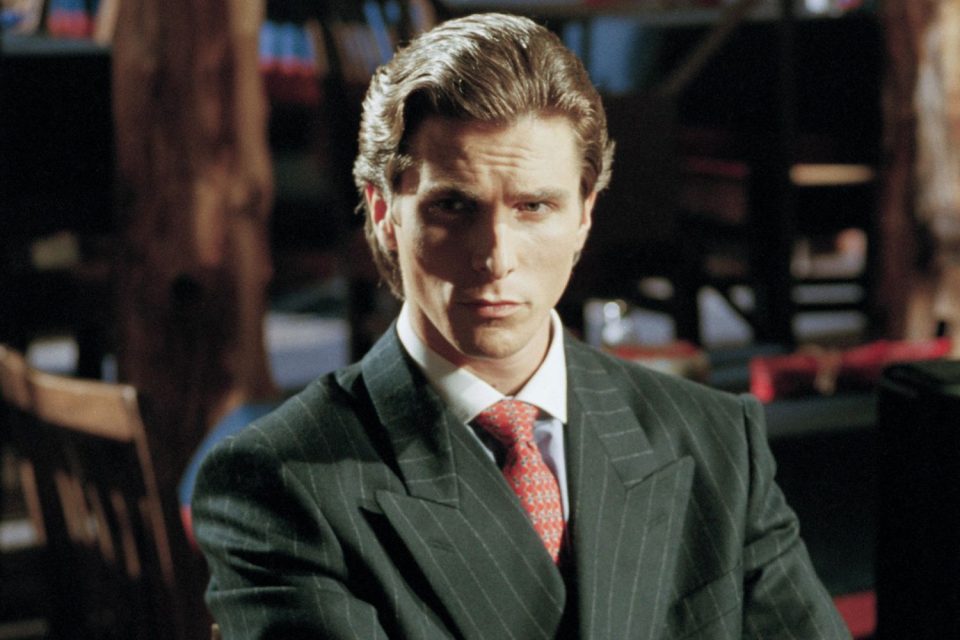Reports suggest that Hollywood heartthrob Austin Butler will be donning the iconic translucent raincoat and reprising the role of Patrick Bateman in the American Psycho remake. It’s another adaptation that audiences didn’t necessarily ask for – but studios and the powers that be have a tendency to revisit previous successes for a new generation of movie-goers and it appears Bret Easton Ellis’ iconic novel is the next on the conveyor belt.
Christian Bale’s iconic 2000 portrayal in Mary Harron’s adaptation left an indelible mark on American pop culture: an eery blend of satire with a chilling undercurrent of psychopathy. It felt like the perfect representation of the time; an evolution of the 1980s materialism and capitalist agenda that has manifested in every decade since. Butler’s unique charisma and experience with transformative performances could be the perfect opportunity to bring this iconic film into today’s social-fluent world.
Butler’s History of Transformation
Austin Butler’s breakout role in Elvis revealed the incredible lengths he would go to inhabit an icon. From the deep, baritone quality of his Southern vernacular, his mannerisms and his steely gaze, the heavy weight of Elvis Presley stayed with Butler for years after the final curtain call. He embodied not just the surface-level charisma of the King but also his internal struggles and contradictions.
 It’s a rare chameleon-like quality that is inherently crucial to playing a character as two-faced and twisted as Patrick Bateman, whose outward perfection is left damaged by his deeply fractured psyche.
It’s a rare chameleon-like quality that is inherently crucial to playing a character as two-faced and twisted as Patrick Bateman, whose outward perfection is left damaged by his deeply fractured psyche.
Whilst Elvis’ innate insecurities and fears were laid bare in his biopic, encouraging empathy and pity from the audience who knew his story so well, Patrick Bateman’s glaring frailties are impossible to ignore. The first antihero of the millennium. Butler’s smouldering sensibilities will be key to unlocking the quiet menace of this acutely unlikeable character.
A Fresh Take on Bateman’s Vanity and Shamelessness
Bateman, as written by Bret Easton Ellis, is the epitome of 1980s materialism: a vain, self-absorbed Wall Street banker obsessed with status, wealth, and appearances who moonlights as a shameless serial killer in the dead of night.
Lots of names were put forward to step into the Gucci loafers, but ultimately, a character like Bateman can only be represented by an actor of a similar profile to the original material.
 While Bale’s portrayal leaned heavily into a satirical, almost cartoonish depiction of this vanity, Butler could bring a more modern, nuanced approach that reflects the changing times. Of course, there are a number of ways to drag Bateman into today’s world.
While Bale’s portrayal leaned heavily into a satirical, almost cartoonish depiction of this vanity, Butler could bring a more modern, nuanced approach that reflects the changing times. Of course, there are a number of ways to drag Bateman into today’s world.
We’re no less obsessed with this idea of image; social media dominates our daily lives in a way that Bret Easton Ellis could never even comprehend. But then again, would the iconic scene with the business cards still resonate with a QR code linked to Bateman’s TikTok account? Perhaps not.
Lessons from the Novel
Bret Easton Ellis’s American Psycho is a scathing critique of consumer culture and the emptiness of excess. In reinterpreting Bateman for today’s audiences, Butler has the opportunity to highlight subtler aspects of the character that might resonate differently now.
For instance, while Bale’s Bateman leaned heavily into physicality – chiselled abs and piercing glares – Butler could mine Bateman’s internalised fragility, his deep-seated insecurities, and the way his need to dominate stems from fear rather than strength. Butler’s performances often carry an emotional undercurrent, and he could use this to make Bateman’s monstrous actions all the more disturbing.
Butler vs Bale: The Key Differences
Where Bale’s Bateman was starkly theatrical, Butler could aim for a more subdued but equally chilling portrayal. Butler’s natural charm and softer demeanour might allow him to lure the audience into sympathising with Bateman before revealing the horrifying truth of his character.
This could make his portrayal even more unnerving, aligning with the insidiousness of real-world predators who blend seamlessly into society.
 Additionally, Butler’s youth and relative newness to roles of this magnitude offer a blank slate for audiences. Unlike Bale, whose performance often evoked his American Psycho predecessor in Patrick Bateman-like roles later (The Dark Knight trilogy and The Prestige come to mind), Butler doesn’t yet carry that baggage (apart from a Harkonnen prince). He has the freedom to redefine Bateman for a new generation.
Additionally, Butler’s youth and relative newness to roles of this magnitude offer a blank slate for audiences. Unlike Bale, whose performance often evoked his American Psycho predecessor in Patrick Bateman-like roles later (The Dark Knight trilogy and The Prestige come to mind), Butler doesn’t yet carry that baggage (apart from a Harkonnen prince). He has the freedom to redefine Bateman for a new generation.
Bateman in 2024: The Timelessness of His Narcissism
In a world grappling with late-stage capitalism, celebrity culture, and the hyper-curated self, Bateman’s character remains deeply relevant.
If Bale’s Bateman embodied the excesses of the 1980s, Butler could be the poster boy for the polished ruthlessness of the 2020s; a narrative of financial privilege in the eye of the storm of social media’s aspirational lifestyle, concealing his violence behind viral charm and TikTok-friendly charisma. Maybe now is the perfect time to revive this story after all.
















